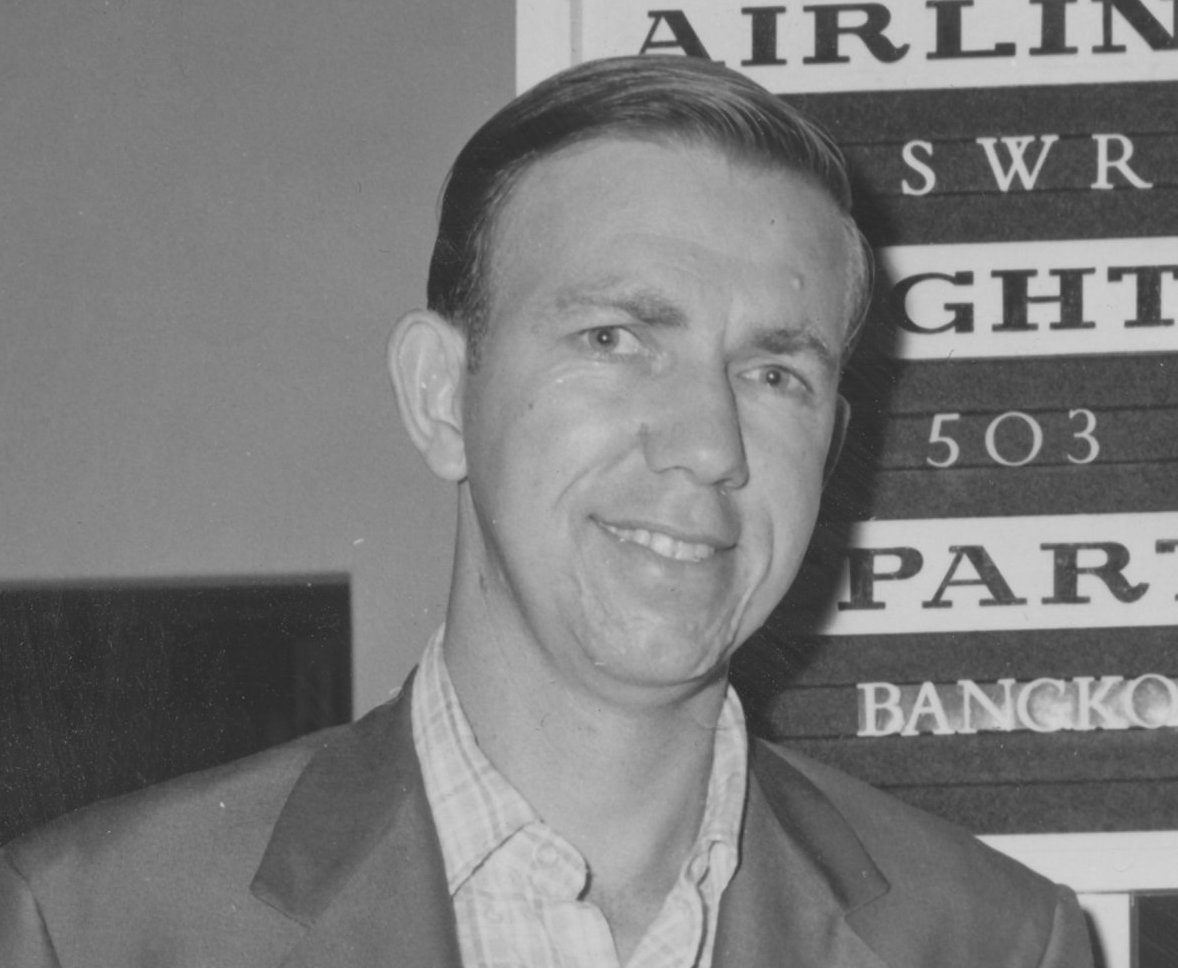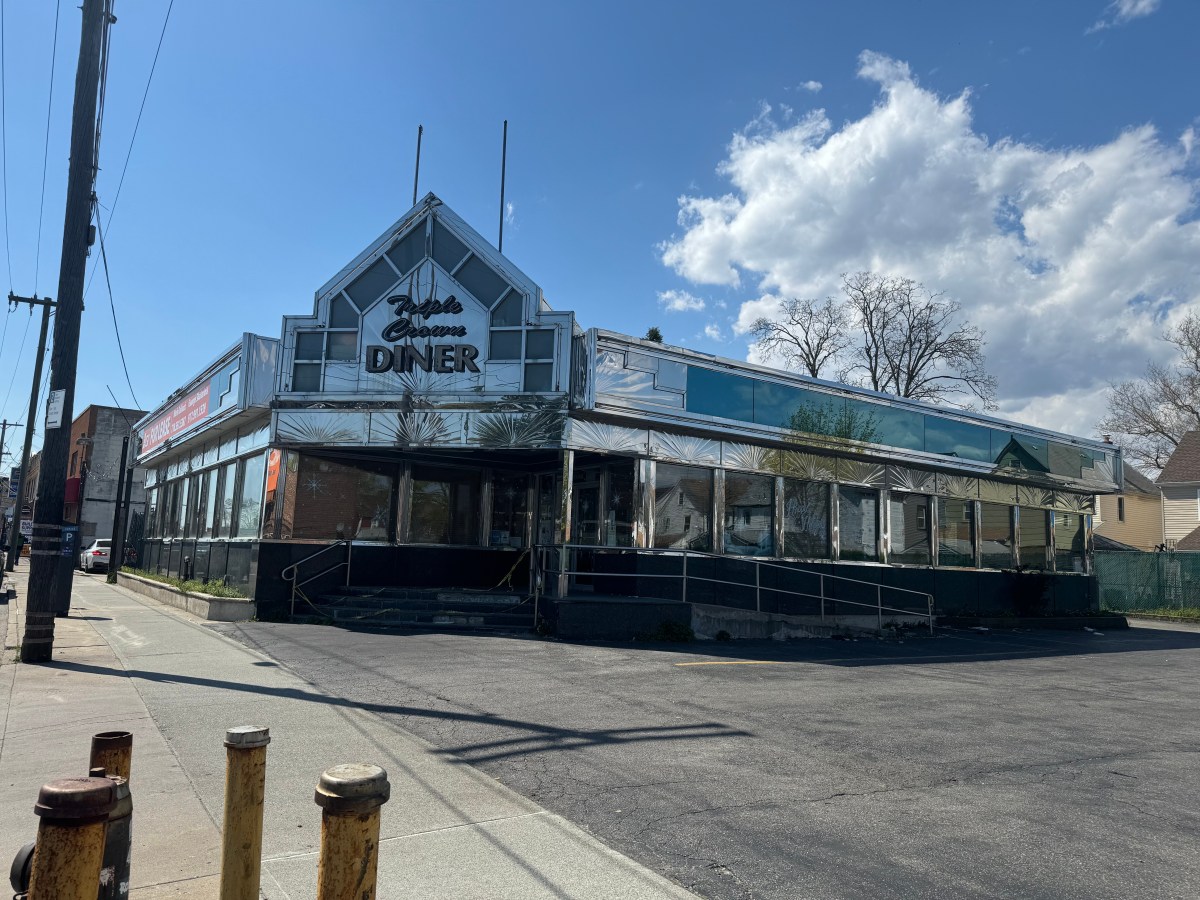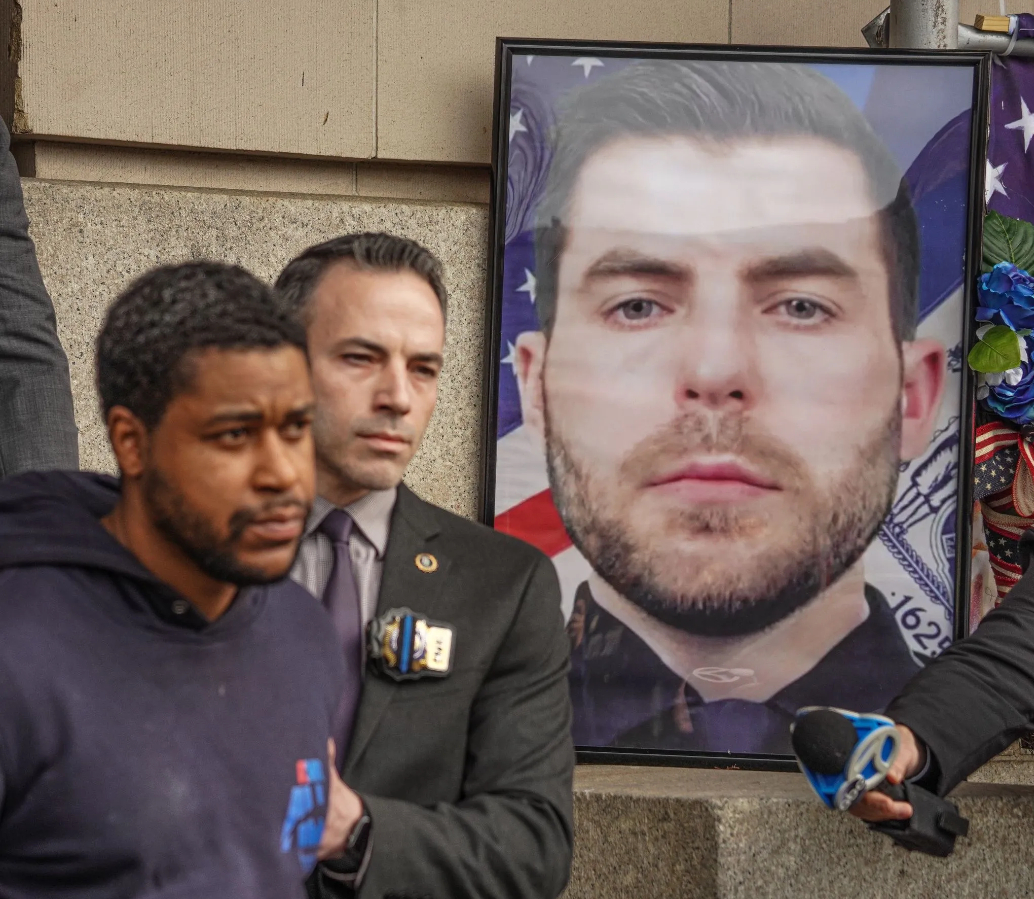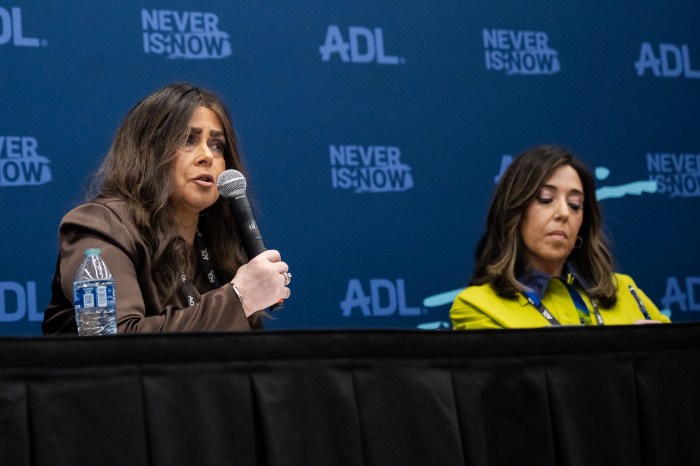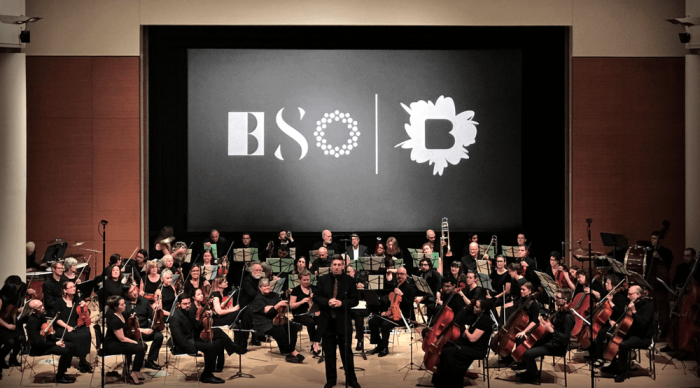BY ALBERT AMATEAU | James Tracy Crown, a professor of political science at New York University for more than 40 years and author of works on American foreign policy, labor union history and the presidency of John F. Kennedy, died on July 27.
Diagnosed with cancer three years ago, James Crown died in hospice care at his home on E. 10th St. a few days before his 89th birthday, according to his nephew, Samuel Crown, of Virginia Beach, Va.
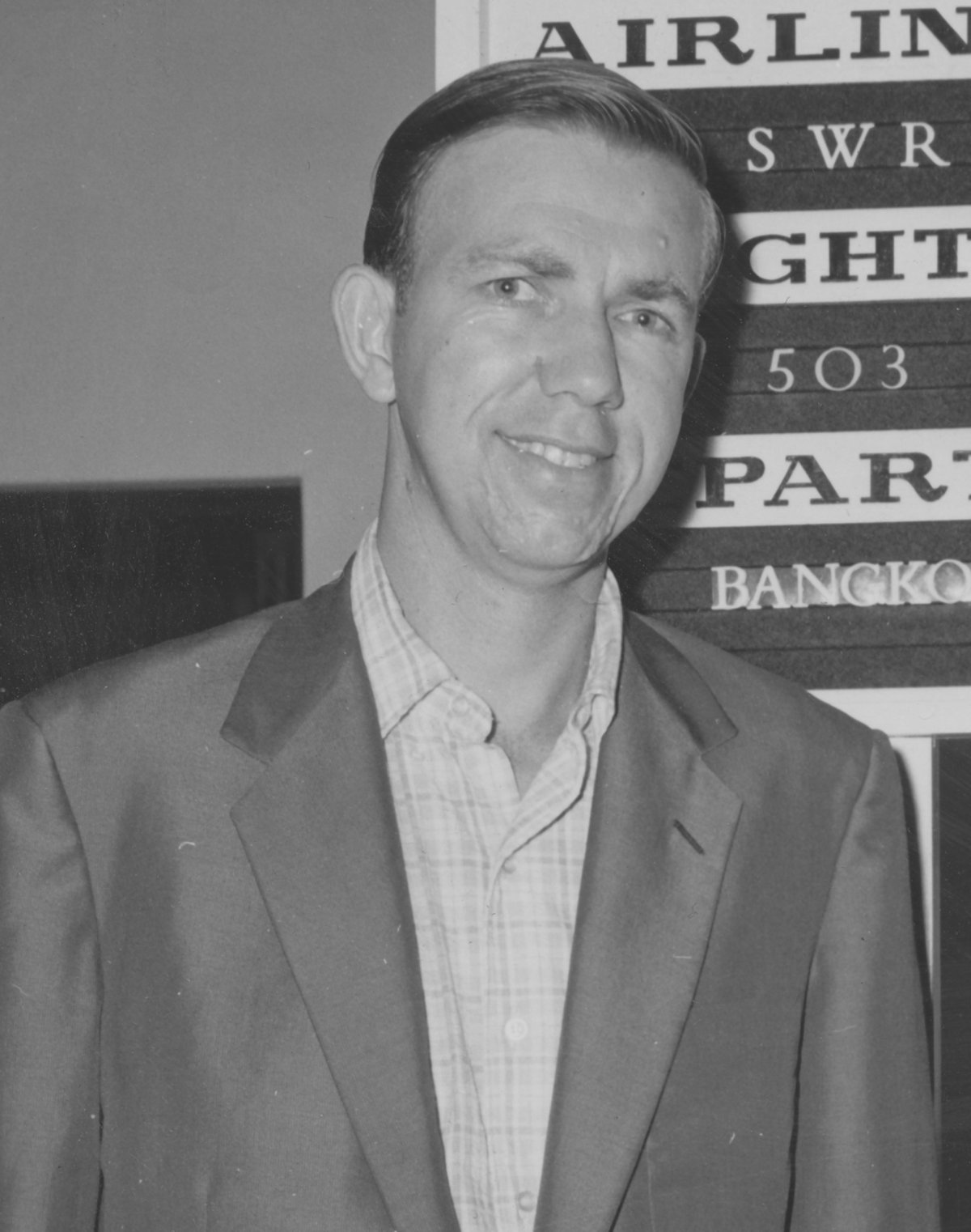
Over their 62 years of married life, he and his wife, Bonnie, who survives him, traveled all over the world. In Benares, India, Jim and Bonnie met the late poet Allen Ginsberg, who enlisted the couple’s support for a group of Indian writers known as “The Hungry Generation.” Bonnie, a literary agent, was at the time the director of the Asia Society’s Asian literature program.
During a period of tension between India and China, James Crown interviewed both V.K. Krishna Menon, defense minister, and Jawaharlal Nehru, president of India.
Friends of John F. Kennedy’s private secretary Evelyn Lincoln, Jim and Bonnie attended J.F.K.’s inauguration. Lincoln gave Jim a tour of the White House and later gave him various doodles and handwritten notes that the president had thrown out. Jim recently donated the material to the Kennedy Presidential Library, where they will be housed in a named collection — the James Tracy Crown Personal Papers — to be available for research by scholars and the public, according to his grand-nephew Jeremy Crown.
James T. Crown was born in St. Petersburg, Fla., the youngest of five children of Verna and Earl Taylor Crown. His father was a fire chief in St. Petersburg. James, who earned his B.A. and M.A. at the University of Florida, was a member of Students for Democratic Action, which in 1949 urged the university to admit black students.
“Their efforts to integrate the university were all above board and public,” said Bill Raiford, a longtime friend of the Crowns. “Jim phoned the governor of Florida and told him what the group wanted to do. The governor told him, ‘You can go straight to hell,’ and hung up,” Raiford said. “In the 62 years that I knew him, I never once saw him angry,” Raiford added.
“The South being what it was in those days, has was the target of a few threats,” recalled Jim’s nephew Samuel Crown.
“Uncle Jim was a major figure in my life,” said Samuel. “In my teens he would talk to me about politics, civil rights, things that were happening. He had a soft tone and he was always interested in what you were doing. Jim always wanted to expose us to things we might not come across at home: museums, Off Broadway plays when we went to New York, lectures and McSorley’s for our first beer,” Samuel said.
In 1950 Jim came to New York to study at N.Y.U.
“We have pictures of him in the 1950s with Eleanor Roosevelt,” said his grand-nephew Jeremy.
James Crown earned his Ph.D in political science in 1956. A year later, he won an award as a post-doctoral Fulbright research professor at Institut d’Etudes Politiques, popularly known as “Sciences Po,” in Paris.
He returned to teach at N.Y.U.’s University Heights campus in the Bronx.
“I was his student and then his colleague at the Heights campus,” said Martin Schain, a political science professor at N.Y.U. “To me, he embodied the idea of a university as a community of scholars. I was an engineering student at the Heights when I took a political science course with Jim in 1958. It changed the course of my life. I would never have become an academic without him,” said Schain, who organized Jim’s retirement party at N.Y.U. in 1994.
Frances Pinter, an international academic publisher in the United Kingdom, was a student of Jim’s during the late 1960s.
“I thought I wanted to go to law school, become a politician, possibly a senator, and change the world,” she said. “However, my scholastic record did not match my ambitions. I was only an average student, but Professor Crown saw something in me that I didn’t see myself.
“He thought that I would be an ideal candidate for the junior year abroad program. I applied to the London School of Economics because Jim encouraged me to do so. Much to my surprise, L.S.E. came through with an offer. Much later, I asked the admission officer how I’d gotten in. He showed me the recommendation letter from Jim. He trusted Jim’s judgement, which outweighed my less-than-stellar grades,” Pinter said. “I’m sure that if Jim hadn’t sent me off to L.S.E. my life would have been very different,” she added.
“I’ve been Jim and Bonnie’s neighbor on E. 10th St. for 30 years and my grandma was their neighbor before that,” said Pam Arnold. “Jim was always ready to engage you in a wide-ranging conversation about almost anything. He knew so many famous people, but it didn’t seem to affect the way he spoke to everybody,” Arnold added.
“About a year ago, when they saw which way their life was going” — Bonnie had Parkinson’s — “they began inviting people over for concerts; they knew a lot of musicians. Those gatherings lasted until a few months ago,” Arnold recalled.
In addition to Bonnie, James Crown is survived by many nieces, nephews, grand-nephews and grand-nieces. There will be no public services.



